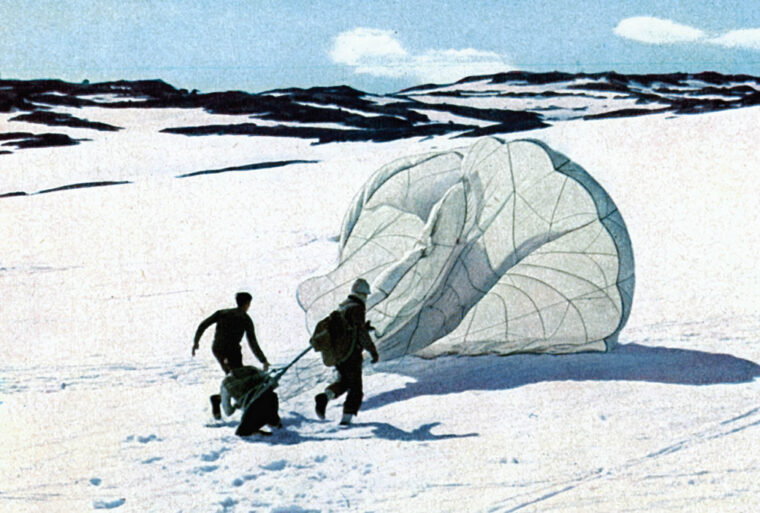
WWII
Scandinavian Airborne Assault
By Henrik O. LundeThe Polish Campaign in 1939 demonstrated the awesome effectiveness of aircraft as weapons platforms for close ground support. Read more
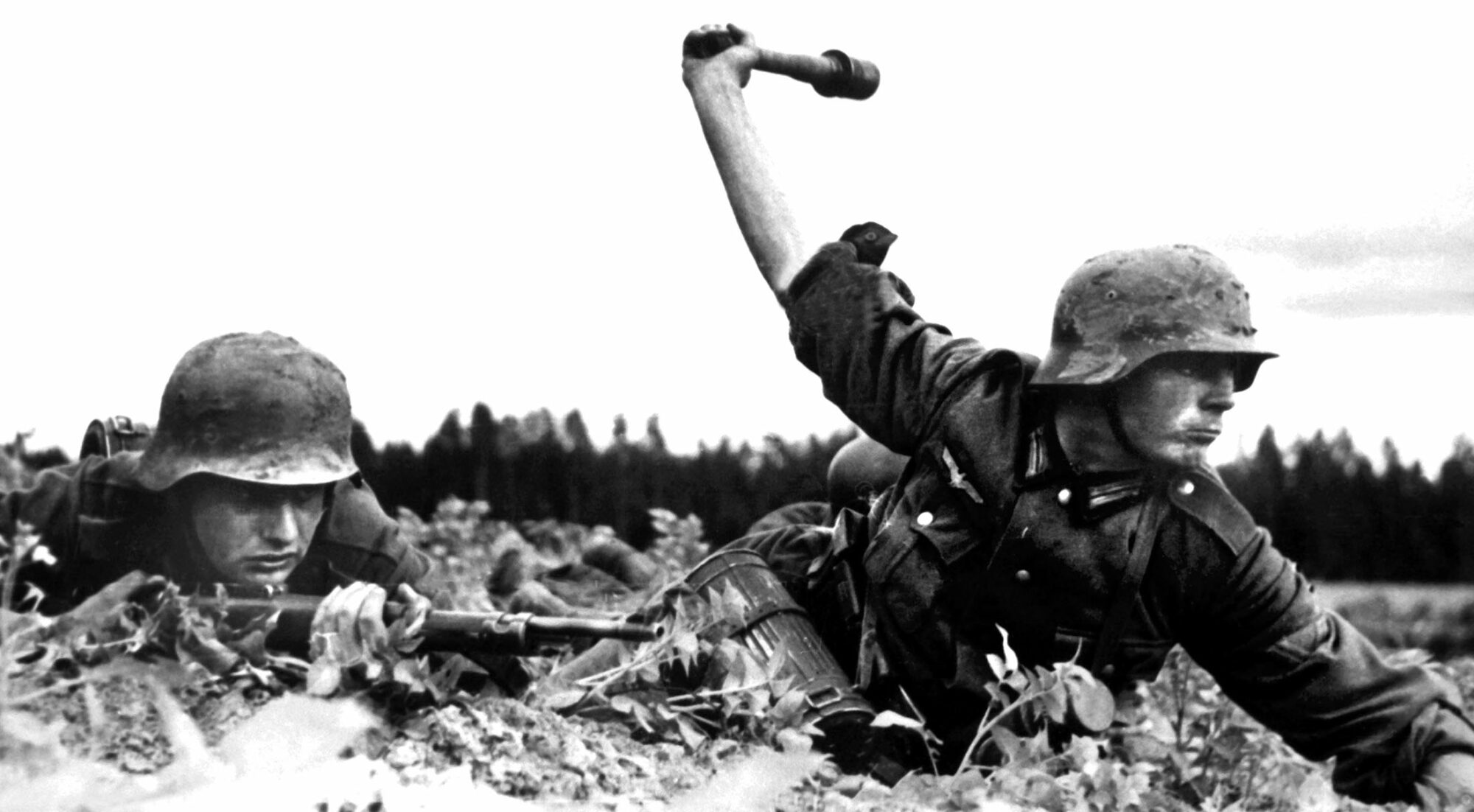

WWII
The Polish Campaign in 1939 demonstrated the awesome effectiveness of aircraft as weapons platforms for close ground support. Read more
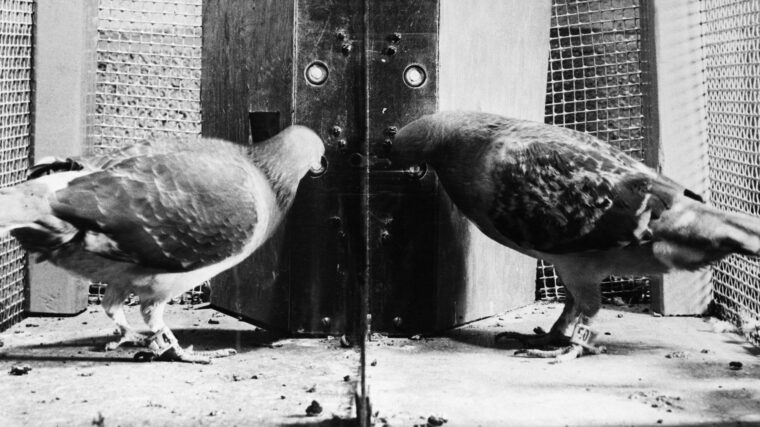
WWII
The army brass argued at length; the scheme proposed by behavioral psychologist B.F. Skinner was mad, foolhardy, but also ingenious. Read more
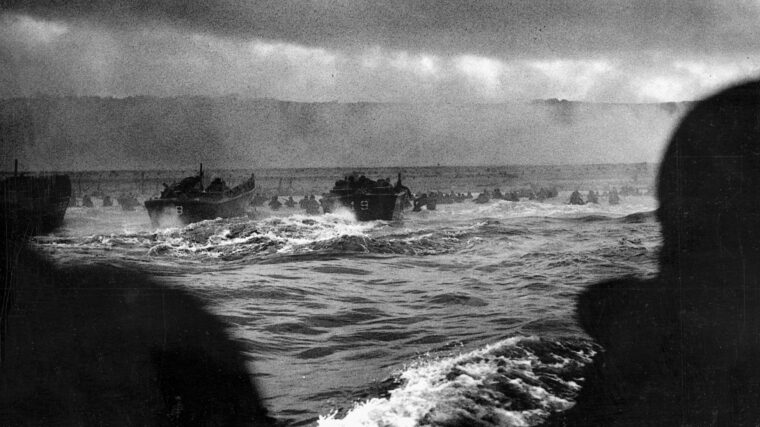
WWII
Operation Overlord, the cross-Channel attack that hit the Nazi-occupied beaches of Normandy in 1944, was the culmination of a grand strategy adopted early in the war, followed sporadically during the years of conflict, and aimed at defeating Hitler’s Reich by striking directly at Germany by invasion. Read more
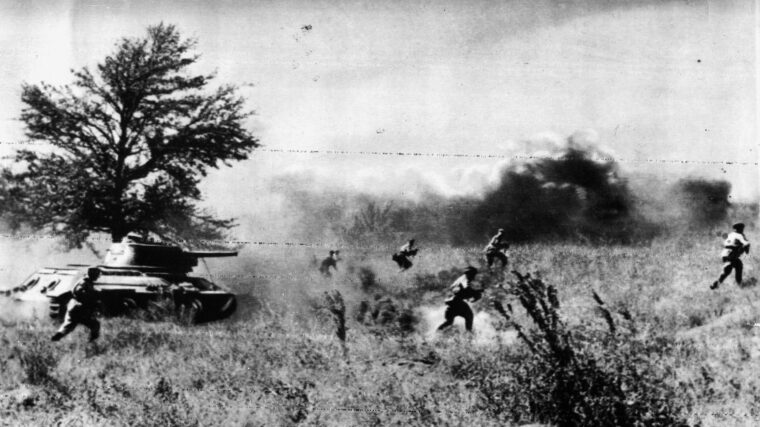
WWII
In August 1943, immediately after the Battle of Kursk, the Red Army launched a series of follow up operations, resulting in the liberation of a large swath of Nazi-occupied Soviet territory. Read more
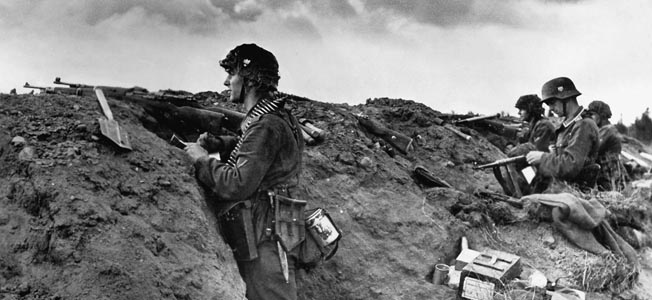
WWII
The official history of Russian and Soviet airborne forces began on August 2, 1930, when 12 parachutists were dropped during maneuvers in the Moscow Military District. Read more
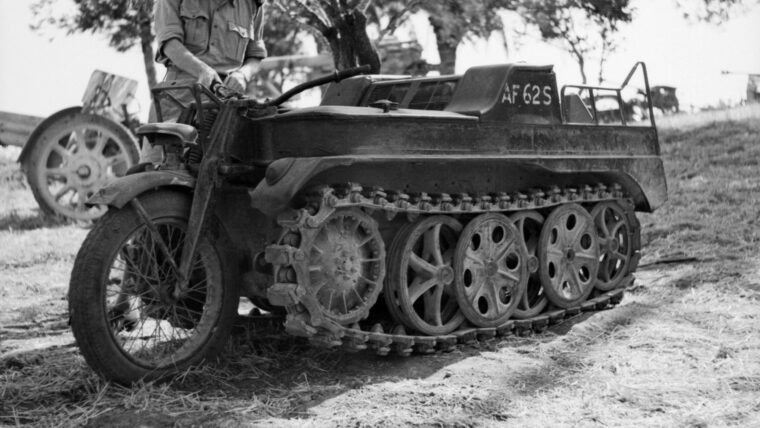
WWII
The first published photo of one of the odd—but highly versatile —frontline vehicles of World War II appeared on the cover of the July 1942 edition of German Propaganda Minister Dr. Read more
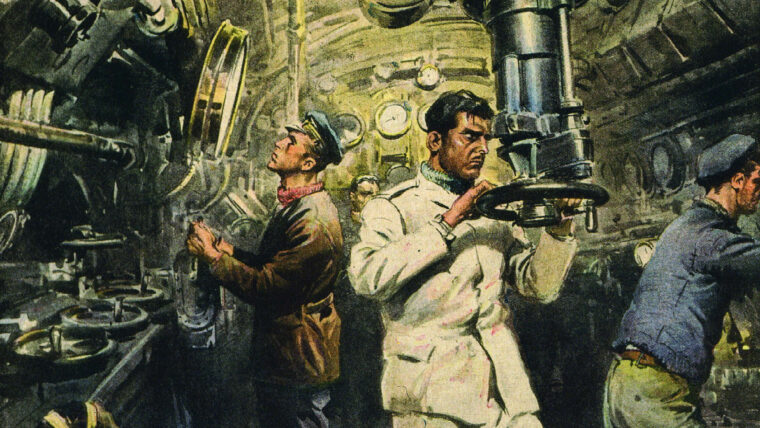
WWII
On May 9, 1936, four days after Italian troops entered Ethiopia’s capital, Addis Ababa, Mussolini appeared on a balcony of Rome’s Palazzo Venezia to proclaim Victor Emmanuel emperor of the newly created Italian East Africa. Read more
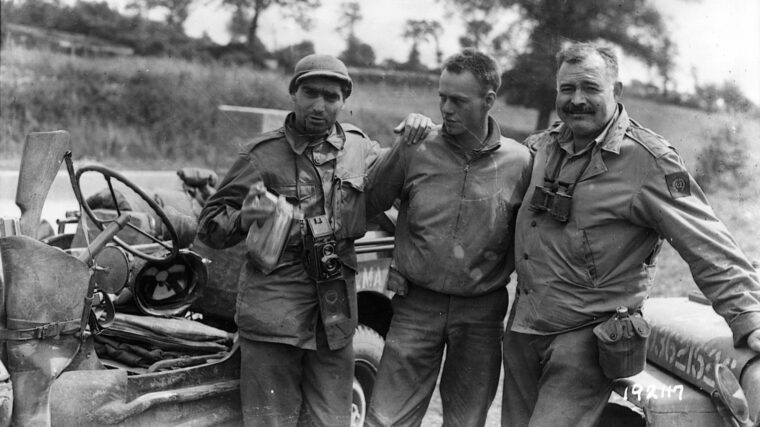
WWII
“We are going to have Christ’s own bitter time to win it, if, when, and ever,” commented Ernest Hemingway to his friend and editor, Charles Scribner, at the start of World War II. Read more
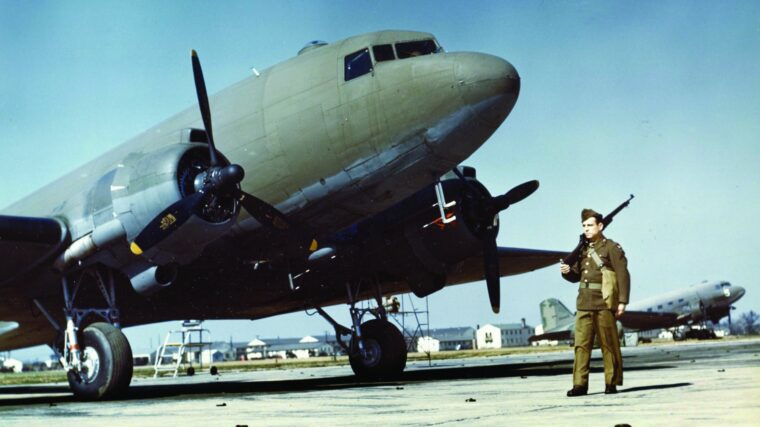
WWII
Even though, technically at least, it was not a combat airplane, the performance of the Douglas C-47 transport led General of the Army Dwight Eisenhower to label it as one of the most important weapons of World War II. Read more
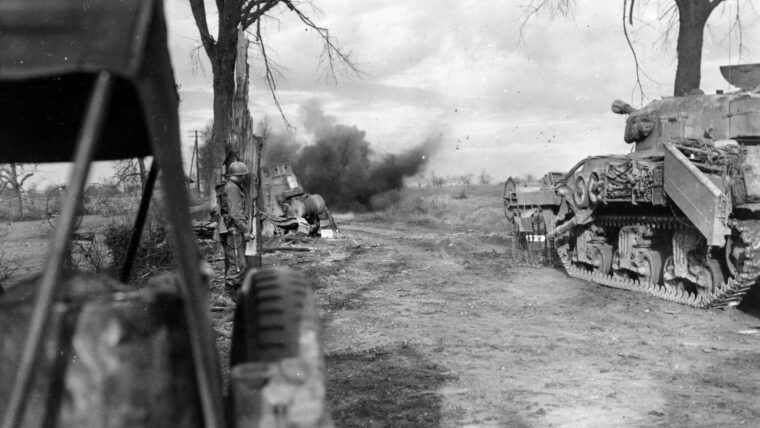
WWII
In November 1944, an American infantry division underwent its baptism of fire in the worst conditions imaginable and acquitted itself with honor beyond anyone’s expectation. Read more
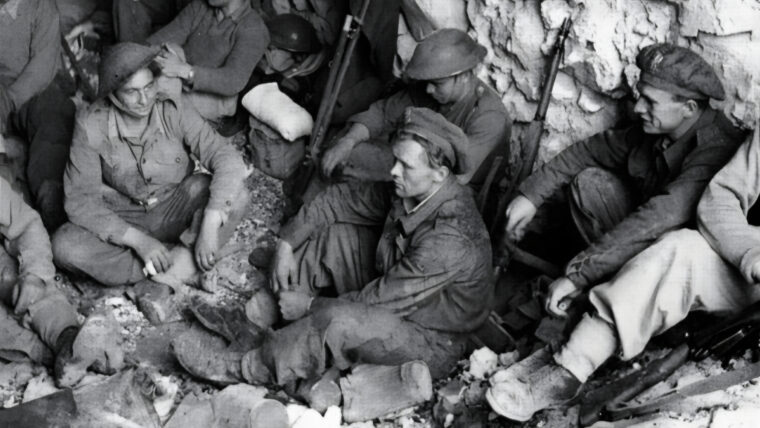
WWII
“They had lost their country but kept their honor,” future British Prime Minister Harold Macmillan said of General Wladyslaw Anders and the Polish II Corps, men in the strange position of trying to win the liberation of their homeland by fighting in Italy. Read more
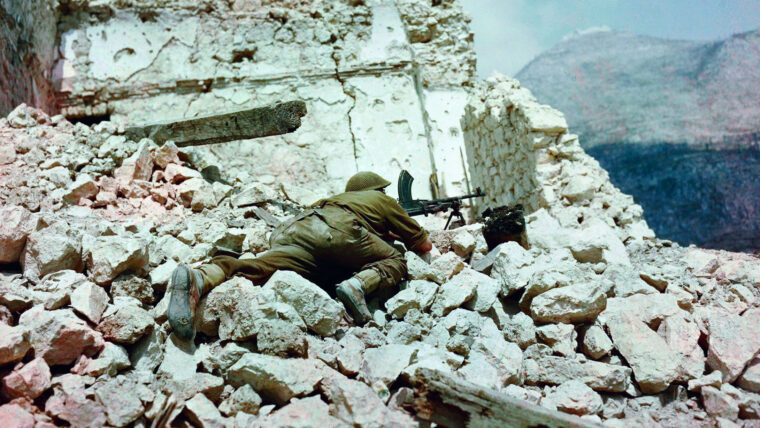
WWII
The Gustav Line, stretching across Italy at its narrowest part between Gaeta and Ortona, was a formidable system of defenses, some of it in coastal marshes but mainly in mountainous country through which ran fast-flowing rivers. Read more
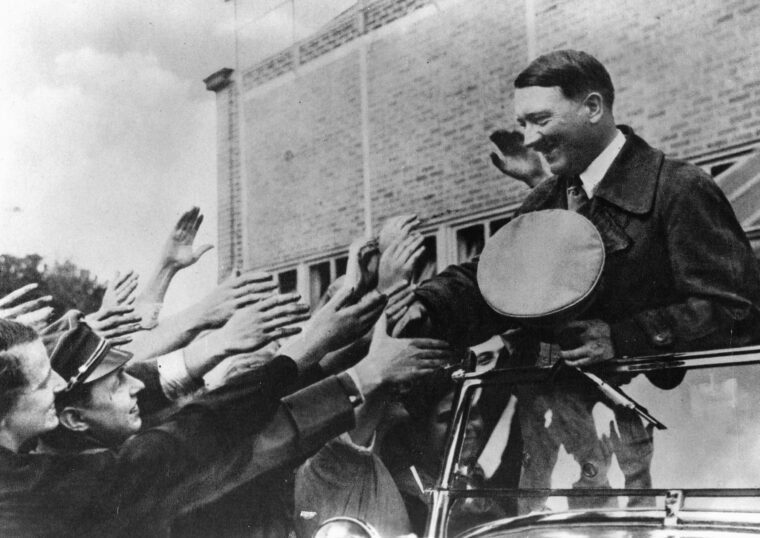
WWII
The “Mythology of Munich” and “What Would Winston Do?” These were the feature story and the cover headline, respectively, for the June 23, 2008, issue of Newsweek magazine. Read more
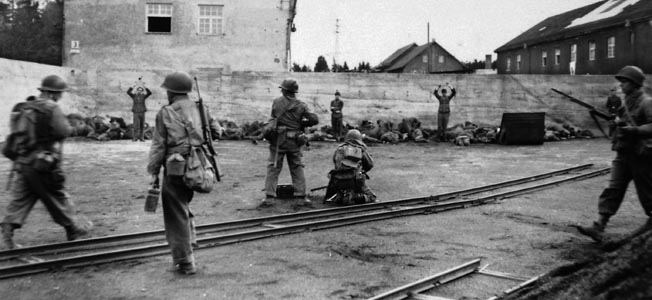
WWII
The morning of February 16, 1944, dawned foggy over the Via Anziate in Anzio, Italy. The 45th Infantry Division’s 2nd Battalion, 157th Infantry Regiment had advanced overnight to take positions on the west side of the roadway, assuming its place on the front line. Read more
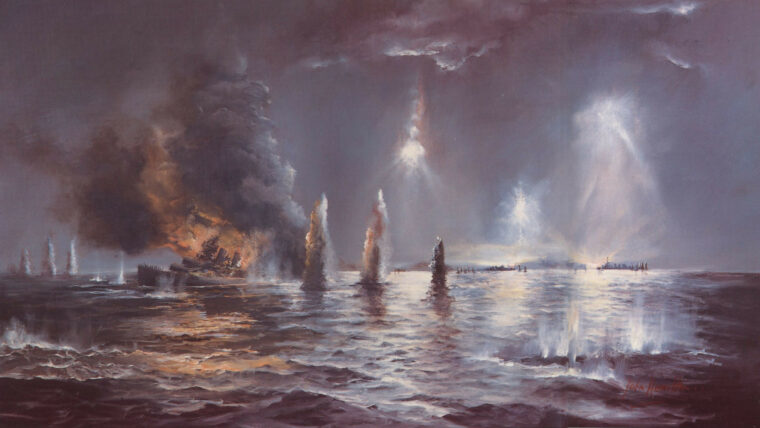
WWII
“One large, two small vessels, one six miles from Savo off northern beach, Guadalcanal. Will investigate closer.” Read more
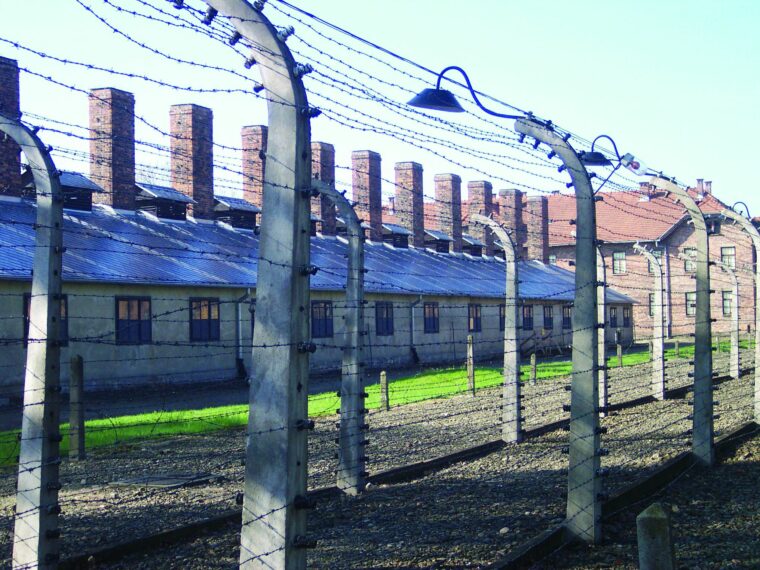
WWII
At 10 am on Wednesday April 16, 1947, the former commandant of Auschwitz extermination camp, SS Oberstürm bannführer (lieutenant colonel) Rudolph Hoess, briskly walked under armed escort toward the small wooden gallows specifically built for him inside the camp grounds. Read more
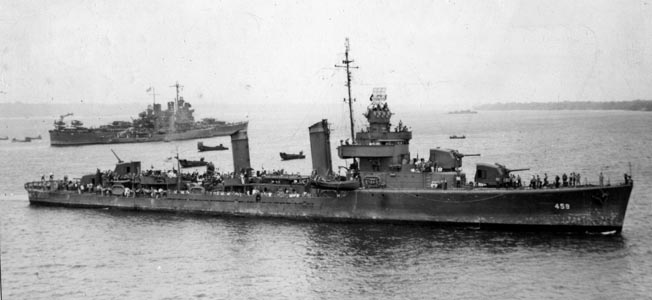
WWII
The eight-inch shell that penetrated the cruiser’s hull and threatened to blow up her forward magazines was a Type 91 armor-piercing shell, which had been designed to continue through the water when it fell short of its target and penetrate the ship’s hull below the waterline. Read more
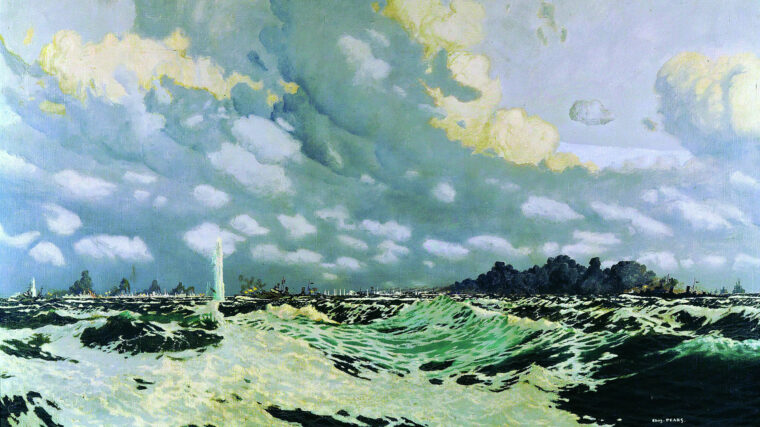
WWII
Located 58 miles south of Sicily in the Mediterranean Sea, the rocky, 122-square-mile island of Malta was the hinge upon which all Allied operations in the Middle East turned during the first half of World War II. Read more
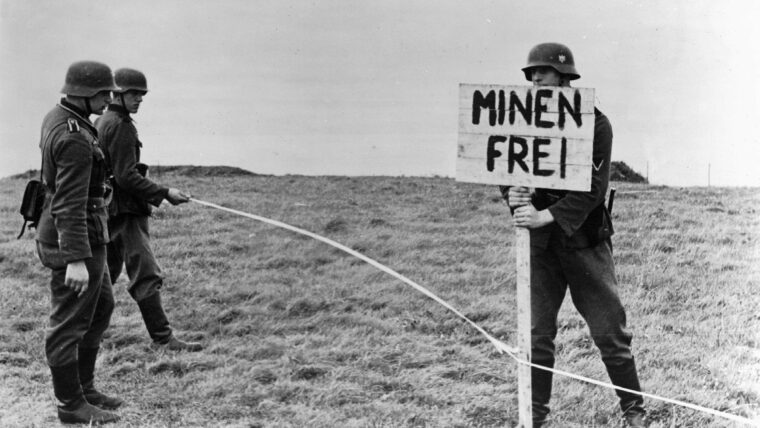
WWII
German Teller mines were insidious weapons—killing or maiming thousands of Allied soldiers and civilians. The Wehrmact employed others, too, to great effect during the Second World War. Read more
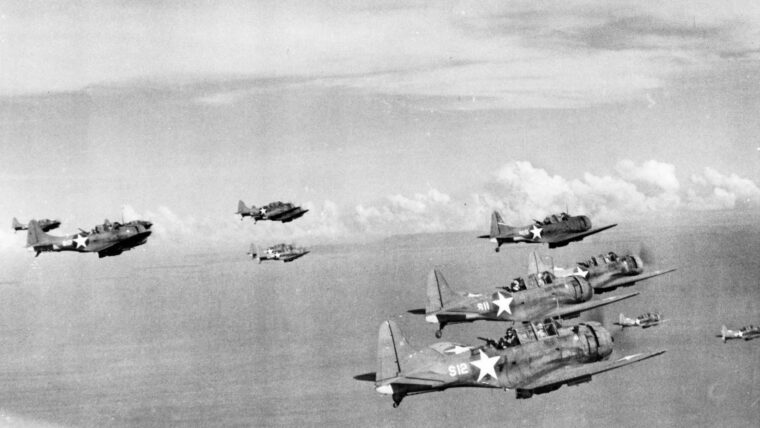
WWII
The late afternoon sun still shone brightly overhead as four destroyers raced eastward toward the island of Guadalcanal. Read more